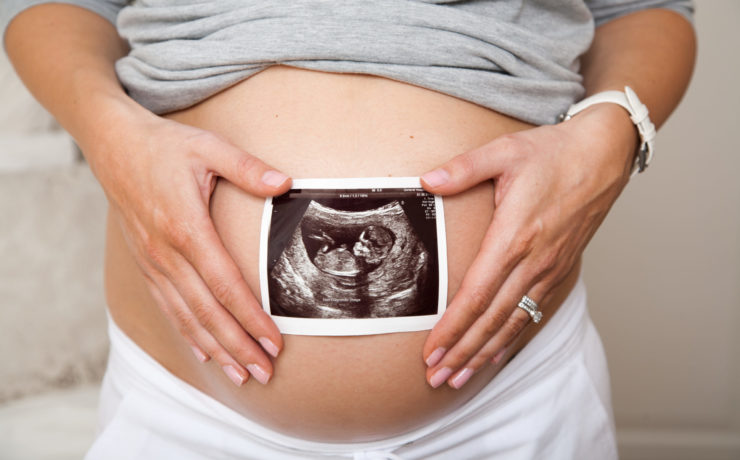


Choosing the Best Obstetrician for You & Your Family
Making the decision to have a family is an exciting time. Choosing an obstetrician that you can trust to guide and care for you throughout the pregnancy, and one that can assist you in the delivery of your baby, is key to ensuring a safe

Perinatal Mental Health
I see in my practice much anxiety and depression in both pre and post birth. Mental health issues are often unfortunately put in the closet. This may be because of outward fear or rejection of having issues, shame and fear of change in relationships or

A Private Hospital Perspective
Our consulting suites are located on level 1 at St Vincent’s Private Hospital, overlooking the city. Our easy access to public transport and proximity to the city is one of the many benefits for our patients. In addition, there are many lesser known but more

What You Need to Know About Pre-Eclampsia
What You Need to Know About Pre-Eclampsia What is pre-eclampsia? Pre-eclampsia is a serious complication in pregnancy that rarely occurs before 20 weeks gestation, and more commonly occurs late in pregnancy. It represents a severe reaction between the placenta and the mother, resulting in

CMV (Cytomegalovirus) and pregnancy
CMV (Cytomegalovirus) and pregnancy By Dr Guy SKinner CMV is the most common damaging infection in pregnancy. Many people are fearful of the risk of Listeria from contaminated food during their pregnancy, but this is actually a rare problem in pregnancy. CMV however, is

A Midwives perspective – What you need to know in the first weeks by our Midwife Tanya
Having worked as a midwife for more than 25 years in labour and postnatal wards, special care nursery and now private practice means my experience and knowledge about what to expect from the birthing process through to the first 6 weeks post-delivery is very detailed.

The Importance of Iron in Pregnancy
Whilst the media and marketing machines of large companies have an obsession with trying to get pregnant women to consume their vitamin products, it is the poorer cousins, the minerals, that often get forgotten. We regularly see iron and calcium deficiency through the course of

Fibroids in Pregnancy
Fibroids are one of the most common gynaecologic problems we see frequently cause issues in pregnancy. Up to 40% of women in the fertile age range have fibroids, being even more frequent in some Asian and African women. Before becoming pregnant, many women will not

What is a High Risk Pregnancy?
A commonly used term I hear far more often is ‘high risk pregnancy’. A pregnancy can be described as high risk as a result of pre-existing problems before the pregnancy, or from problems arising during the course of the pregnancy. It commonly relates to issues
